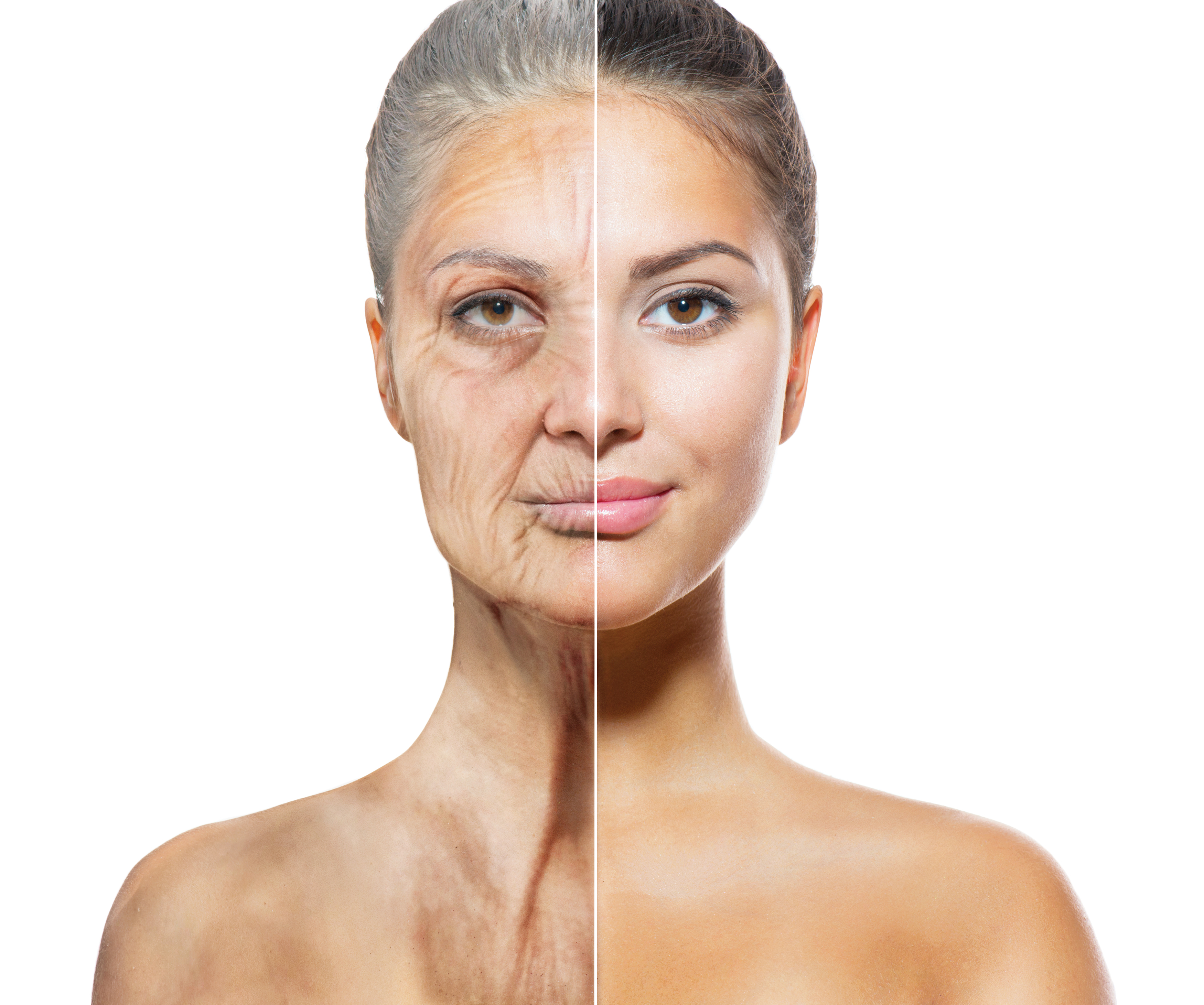- Home
- Our story
- Nutrition Quickies
- Products
- Ingredients
- Articles
- Success Stories
- Contact Us
- Timeless Radiance
- JayLab Pro Prosta-7
- BloodFlow Guardian
- VG-6
- Ultimate Sleep Solution
- Fermented Turmeric
- Collagen Complex
- LeptiSense
- Ultra-Cleanse Detox
- Krill oil
- Probiotics
- Advanced Joint Support
- Gluco Guardian
- Multi-vitamin (Active Core Complex)
- Renewal for men (T20)
- Protein powder
- Combo-packs
- Login
Sick Fat Cells: Why You Have Them And How Exercise And Diet "Fixes" Them
 Did you know that your fat cells may be "sick," which could decrease your chances of losing weight and could lead to other health related issues?
Did you know that your fat cells may be "sick," which could decrease your chances of losing weight and could lead to other health related issues?
That’s right, sick fat cells are quickly becoming a global epidemic that may have enormous health consequences.
The sad fact is: you can't cure "sick" fat cells with a shot or medication.
Here is the SOLUTION.
Recently it was shown that fat cells, yes your very own fat cells, release powerful hormones that may regulate fat burning, control blood sugar more effectively, and tell your brain when you are full.
However, due to lack of exercise and a POOR DIET (too much fatty foods, processed foods, and inflammation provoking foods), your fat cells may not function the right way.
A poor diet leads to increased fatty acids in your blood, a decrease in your fat cells' ability to store those fatty acids, and an increase in the release of molecules aimed at increasing inflammation in your body, and in your fat cells.
So instead of harnessing the power of the weight loss hormones your fat cells secrete, you have increased inflammation, which may cause further dysfunction of your fat cells.
This type of dysfunction, research suggests, could develop the right environment that stimulates the development of metabolic conditions, such as metabolic syndrome and Type 2 Diabetes.
As previously mentioned, there are no medications, shots, or pills that will cure sick fat cells.
However, there is ONE way that you can implement NOW, that may improve the health of your fat cells.
Let me explain…
The Intervention
The first thing that needs to happen: You need to raise your levels of adiponectin, which is a potent fat-blasting hormone that is released from your fat cells.
 Chances are if you are overweight, then you have some level of sickness. Being overweight has been shown to lower your adiponectin levels (less secretion from your fat cells), therefore slowing your fat burning.
Chances are if you are overweight, then you have some level of sickness. Being overweight has been shown to lower your adiponectin levels (less secretion from your fat cells), therefore slowing your fat burning.
However, losing weight through diet and exercise has been shown to increase your circulating levels of adiponectin, therefore increasing your ability to burn fat.
A new study published in the Journal of Lipid Research addresses the relationship between an exercise program and increased levels of adiponectin, and how this relationship alters HDL cholesterol levels.
The cool part of this study was it looked at 1,397 participants that were part of the Look AHEAD project, which addresses lifestyle interventions and how they alter weight loss results.
Their data suggested that exercising at least 175 minutes per week with a caloric intake of 1200 to 1800 (the heavier they were, the more calories were needed) calories per day, they were able to increase HDL cholesterol levels by a whopping 9.7 percent and increase adiponectin levels by 11.9 percent.
When the researchers adjusted for medical history and other demographical information, the changes in the participants' adiponectin levels remained significantly associated with HDL cholesterol levels changes.
Exercise Boosts Fat Burning Hormones
“Sick” fat cells have been shown to reduce fat burning hormones and increase inflammatory molecules, which cause the development of metabolic disease, such as diabetes and others.
There is no medicine to take that will cure sick fat cells. All you need to do is eat right and exercise.
This study suggests that exercise may be one way to increase your adiponectin levels. Plus, higher adiponectin levels may result in higher HDL cholesterol levels.
In order for you to change the state of your fat cells, you need to do two things: Change your diet (better food options, healthy fats, fruits and vegetables, and lean meats) and include a well-structured exercise program (such as brisk walking, or even specialized interval training), which may make all the difference in your ability to alter fat burning hormones – for the better!

The Fat-Burning Nutrients You Need To Eat Right Now

Is THIS The Secret To Younger Looking Skin?

3 Restaurant Hacks: How To Eat Out Without Getting Fat
be sure to SHARE this article on your favorite social media sites such as Facebook, Twitter, Pinterest, and Google +.
References:
Belalcazar LM, Lang W, Haffner SM, Hoogeveen RC, Pi-Sunyer FX, Schwenkre DC, Balasubramanvam A, Tracy RP, Kriska AP, Ballantyne CM. Adiponectin and the mediation of HDL cholesterol change with improved lifestyle: The Look AHEAD Study. J Lipid Res. 2012 Sep5. Epub ahead of print.

